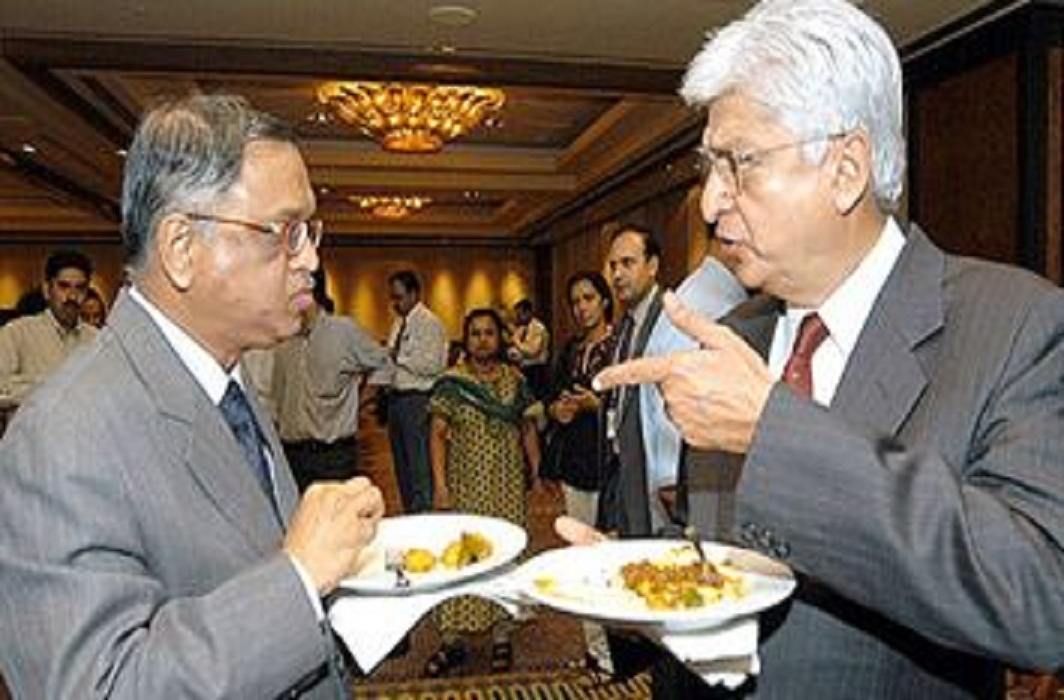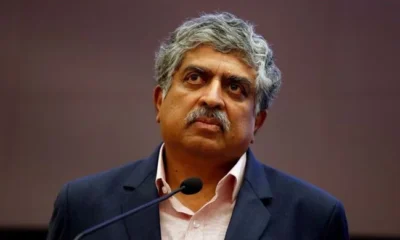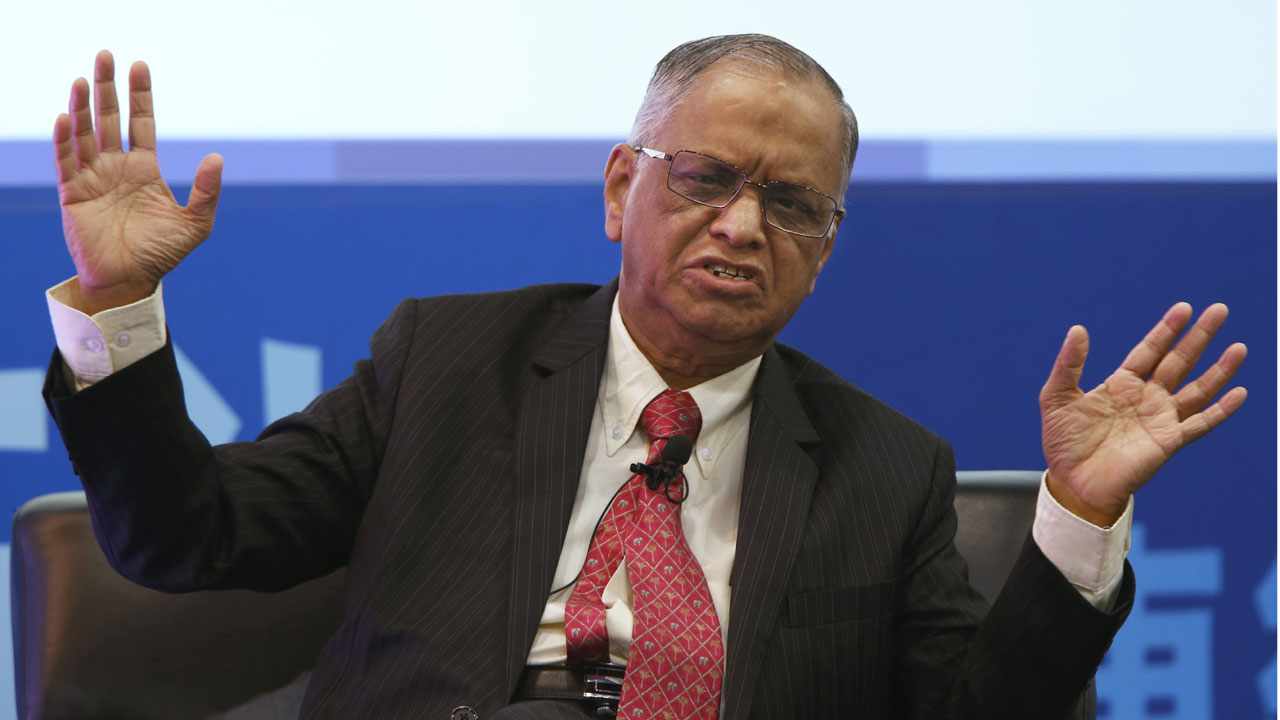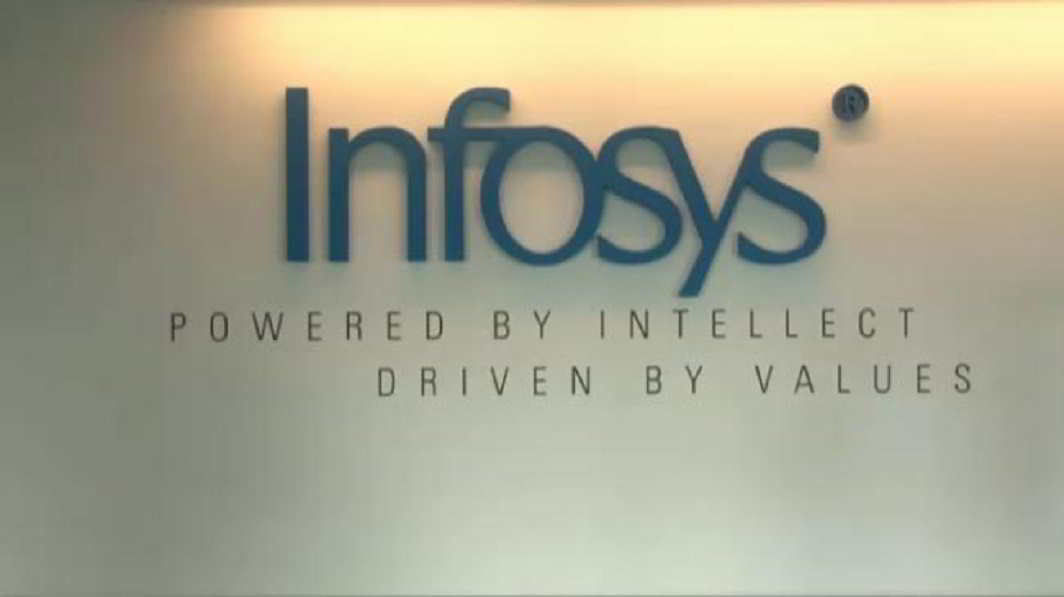Latest business news
Is Indian IT in its last lap?

India News
Union Budget 2026 highlights: Nirmala Sitharaman Raises Capex to Rs 12.2 Lakh Cr, West Bengal Gets Major Allocation
Finance Minister Nirmala Sitharaman is presenting the Union Budget 2026 in Parliament today. Follow this space for live updates, key announcements, and policy insights.
India News
Union budget 2026 to be presented on Sunday with special trading session
The Union Budget 2026 will be presented on a Sunday for the first time in over two decades, with NSE and BSE announcing special trading sessions for the day.
India News
Modi says right time to invest in Indian shipping sector; meets global CEOs
-

 India News12 hours ago
India News12 hours agoDMK leader’s son arrested after car rams family in Krishnagiri, one dead
-

 India News11 hours ago
India News11 hours agoRSS chief backs nationwide rollout of Uniform Civil Code, cites Uttarakhand model
-

 India News2 hours ago
India News2 hours agoAs stealth reshapes air combat, India weighs induction of Sukhoi Su-57 jets
-

 Cricket news1 hour ago
Cricket news1 hour agoRinku Singh returns home from T20 World Cup camp due to family emergency
-

 India News25 mins ago
India News25 mins agoTamil Nadu potboiler: Now, Sasikala to launch new party ahead of election










